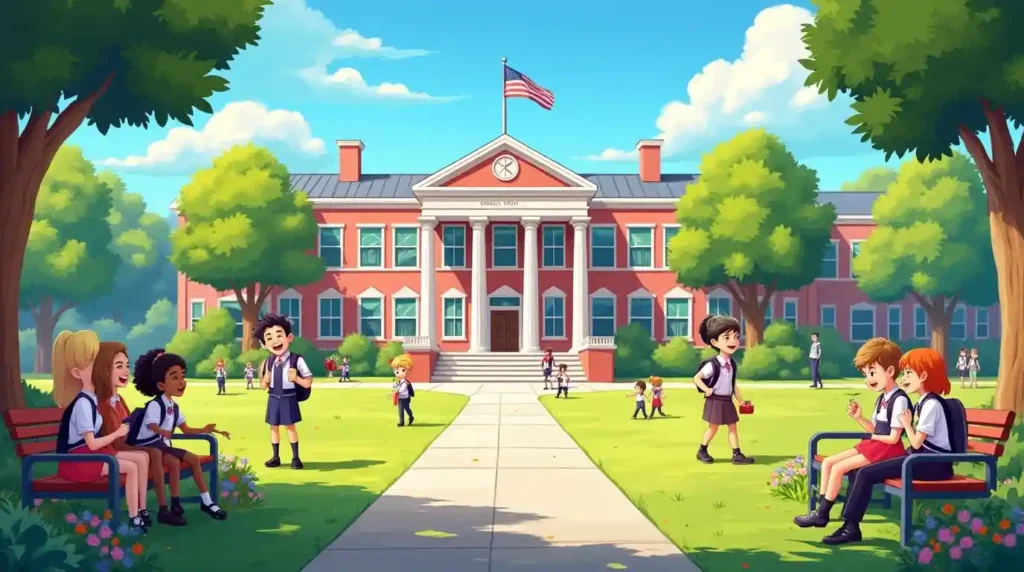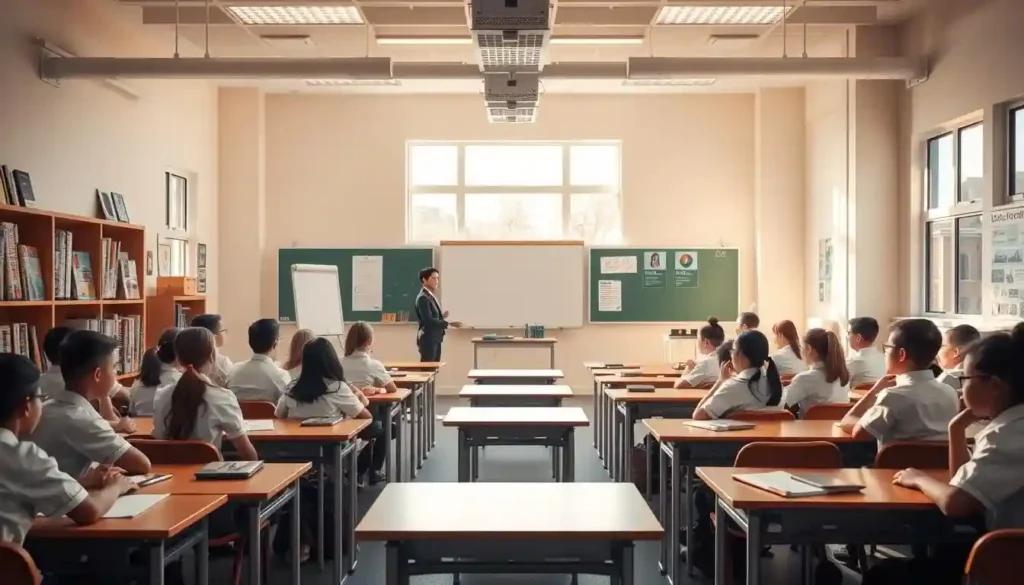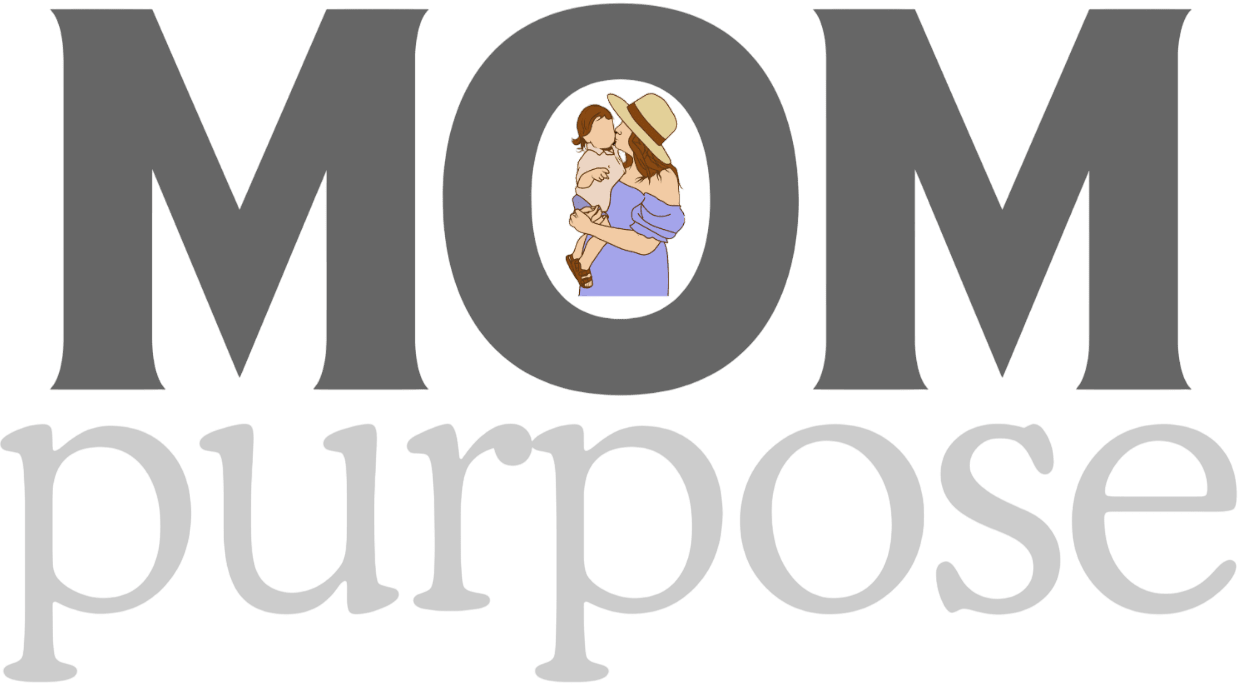Are Private Schools Worth It ?
As a mom, few decisions feel as weighty as choosing the right school for your child. I remember sitting at my kitchen table, staring at brochures and spreadsheets, wondering, “Are private schools worth it ?” The question kept me up at night. On one hand, I wanted the best for my child—smaller classes, personalized attention, and opportunities I never had. On the other, I worried about the financial strain and whether the investment would truly pay off. If you’re in the same boat, you’re not alone. This guide is here to help you navigate this complex decision with clarity and confidence.
Private schools can cost a lot, from $10,000 to $40,000 a year. This big expense makes parents think hard about the benefits. Looking into private education means more than just the cost.
Parents need to think about the school’s quality, how it helps with social skills, and future chances. They must also consider their child’s needs and their own goals. Choosing between public and private schools is a big decision.
Key Takeaways
- Private school decisions require comprehensive financial and educational analysis
- Academic outcomes vary significantly between individual institutions
- Cost is not the sole determinant of educational quality
- Each student’s unique learning needs should guide school selection
- Long-term career and college preparation potential matters most
Understanding Private School Education in Today’s Context
Finding the right school for your child can be tough. Many families now look at private schools for their benefits. This is because private schools offer something different from public schools.
Today, parents have many choices when it comes to schools. Each option has its own strengths. These can greatly affect a student’s learning experience.
The Evolving Landscape of Private Education
Private schools in America have changed a lot. They offer special ways of learning that are different from public schools. These schools give students:
- Smaller class sizes
- Customized curriculum design
- More attention from teachers
- Special programs for academics and activities
Key Differences in Educational Approaches
Looking at public vs private schools, we see big differences. Private schools usually have:
- More flexible curriculums
- Tougher academic standards
- Unique teaching methods
- Programs for full student development
Modern Educational Choices
Today, parents have more choices than ever. School choice programs, charter schools, and new learning platforms have opened up new paths. This makes private school benefits more available than before.
Are Private Schools Worth It : Analyzing Cost vs. Value
Thinking about whether private schools are worth it means looking at costs and benefits. The money spent can be a lot, with tuition from $10,000 to $40,000 a year. This depends on where you live and the type of school.
Parents should think about a few important money matters:
- Tuition expenses
- Additional costs like uniforms and textbooks
- Extracurricular activity fees
- Potential scholarship opportunities
The real value of private school goes beyond just the money. Many families see benefits that last a lifetime. These include:
- Smaller class sizes
- Advanced academic preparation
- Strong college placement networks
- Personalized learning experiences
Managing private school costs is key. Ways to do this include:
- Exploring financial aid programs
- Applying for merit-based scholarships
- Considering tax-advantaged education savings accounts
While the costs may seem high, the long-term benefits can be huge. This makes the investment worthwhile.
In the end, the choice depends on your family’s needs and budget. Doing your homework and planning can help decide if private school is right for your child.

Academic Performance and Student Outcomes in Private Schools
When looking at private school benefits, academic performance is key. Parents often choose private schools for their students’ success. Private schools show great achievements, unlike public schools.
Private school students get more tailored learning. The question “is private school better than public” is answered by looking at academic results.
College Acceptance Rates and Future Success
Private school students usually get into college more often. Studies show interesting facts:
- 90% of private high school graduates attend four-year colleges
- Private school students score higher on college entrance exams
- They are better prepared for university admissions
Standardized Test Performance Comparisons
Standardized test scores highlight private school strengths. Data shows private school students do better than public school students.
- Average SAT scores 10-15% higher in private schools
- Consistent performance in various subjects
- More focus on test preparation
Individual Attention and Class Size Benefits
Smaller class sizes are a big plus in private schools. Teachers can give more one-on-one help and tailor learning plans.
These benefits show why many parents see private schools as a smart choice for their kids’ education.
Beyond Academics: Social and Extracurricular Advantages
Private schools offer more than just books and classrooms. They provide unique social and extracurricular chances. These chances help students grow and learn beyond the classroom.
Private schools have a wide range of activities. These help students learn important life skills and find their interests. Some key benefits include:
- Comprehensive sports programs with professional coaching
- Advanced arts and music education
- Specialized academic clubs and competitive teams
- International exchange programs
- Community service opportunities
Private schools have smaller classes, which means students get to know each other better. They also get closer to their teachers. This can lead to better mentorship and support.
Leadership is a big part of private school education. Students learn to take charge, communicate well, and gain confidence. They do this through student government, clubs, and community work.
While private schools have many benefits, there are also challenges. These include less diversity and social pressures. Choosing the right school depends on what your child needs and wants.
Conclusion
So, are private schools worth it ? The answer depends on your family’s priorities, your child’s needs, and your financial situation. For some, the benefits of smaller classes, specialized programs, and a strong community outweigh the costs. For others, public schools or alternative options might be a better fit.
As I reflect on my own journey, I realize there’s no one-size-fits-all answer. What matters most is making an informed decision that feels right for your family. Trust your instincts, do your research, and remember that you’re not alone in this process.

FAQ – Are Private Schools Worth It ?
Are private schools definitively better than public schools?
Not always. Private schools might have smaller classes and more attention for each student. But, the quality of education also depends on the school’s curriculum, teachers, resources, and teaching style. It’s best to research each school to make a good choice.
How much more expensive are private schools compared to public schools?
Private school costs vary a lot, from $10,000 to $50,000 a year. Public schools are free because they’re funded by taxpayers. When thinking about private schools, remember to consider all costs, like uniforms and activities.
What are the primary advantages of private schools?
Private schools often have smaller classes and more challenging courses. They also offer special programs and better college prep. Plus, they can give more attention to each student and offer unique programs.
Do private schools guarantee better college admissions prospects?
Private schools can prepare students well for college, but it’s not a guarantee. They have great resources for college prep. But, getting into college also depends on the student’s grades, activities, and essays. Focus on your child’s growth and achievements.
How can I determine if a private school is right for my child?
Visit schools, see classrooms, and talk to students and parents. Look at the programs and see if they fit your child’s learning style. Think about the school’s values and how they match your family’s.
Are there financial aid options for private schools?
Yes, many private schools offer financial help, scholarships, and flexible tuition. They might have need-based aid or payment plans. Contact the school’s financial office and look for scholarships to help with costs.
What potential drawbacks should I consider with private schools?
Private schools can be expensive and might lack diversity. They might not offer a realistic social setting. Also, some schools can be too structured, limiting creativity. Consider your child’s overall growth when choosing a school.
How do private school class sizes typically compare to public schools?
Private schools usually have smaller classes, with 10-15 students. This can lead to more personalized learning. But, class size is just one thing to think about when choosing a school.
Can international students attend private schools in the United States?
Yes, many private schools welcome international students. They offer programs and support for them. These schools provide great opportunities for global learning and diverse environments. Look for schools with strong international programs.
How important are standardized test scores in private school admissions?
Test scores are important, but not the only thing. Private schools look at the whole student, including grades, activities, and essays. They want students who show potential beyond just numbers.
Is it worth spending money on private school?
This is a deeply personal decision. If the benefits—such as smaller class sizes, specialized programs, and a strong community—align with your child’s needs and your family’s values, it may be worth the investment. However, it’s essential to weigh the costs against your financial situation and long-term goals.
Do private school students do better in life?
Studies suggest that private school graduates often have higher college enrollment rates and may earn higher incomes later in life. However, success is influenced by many factors, including family support, individual motivation, and access to opportunities.
What are the cons of going to a private school?
Some potential drawbacks include high tuition costs, lack of diversity, and increased academic pressure. It’s important to consider these factors and how they might impact your child’s experience.
Are you more successful if you go to private school?
While private schools can provide excellent resources and opportunities, success is not guaranteed. Factors like personal drive, family support, and access to networks also play significant roles. Private schools may give students a head start, but long-term success depends on the individual.

